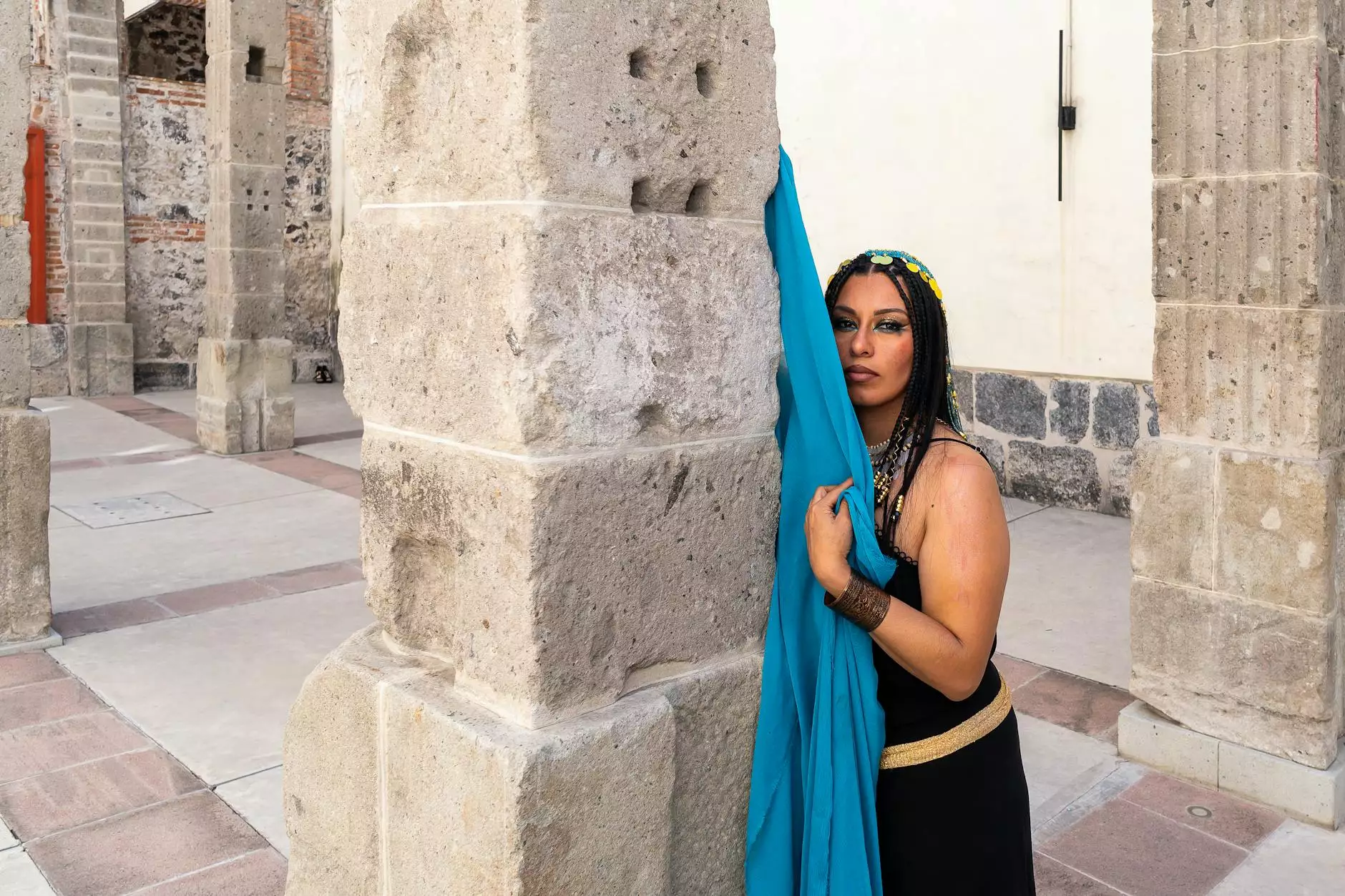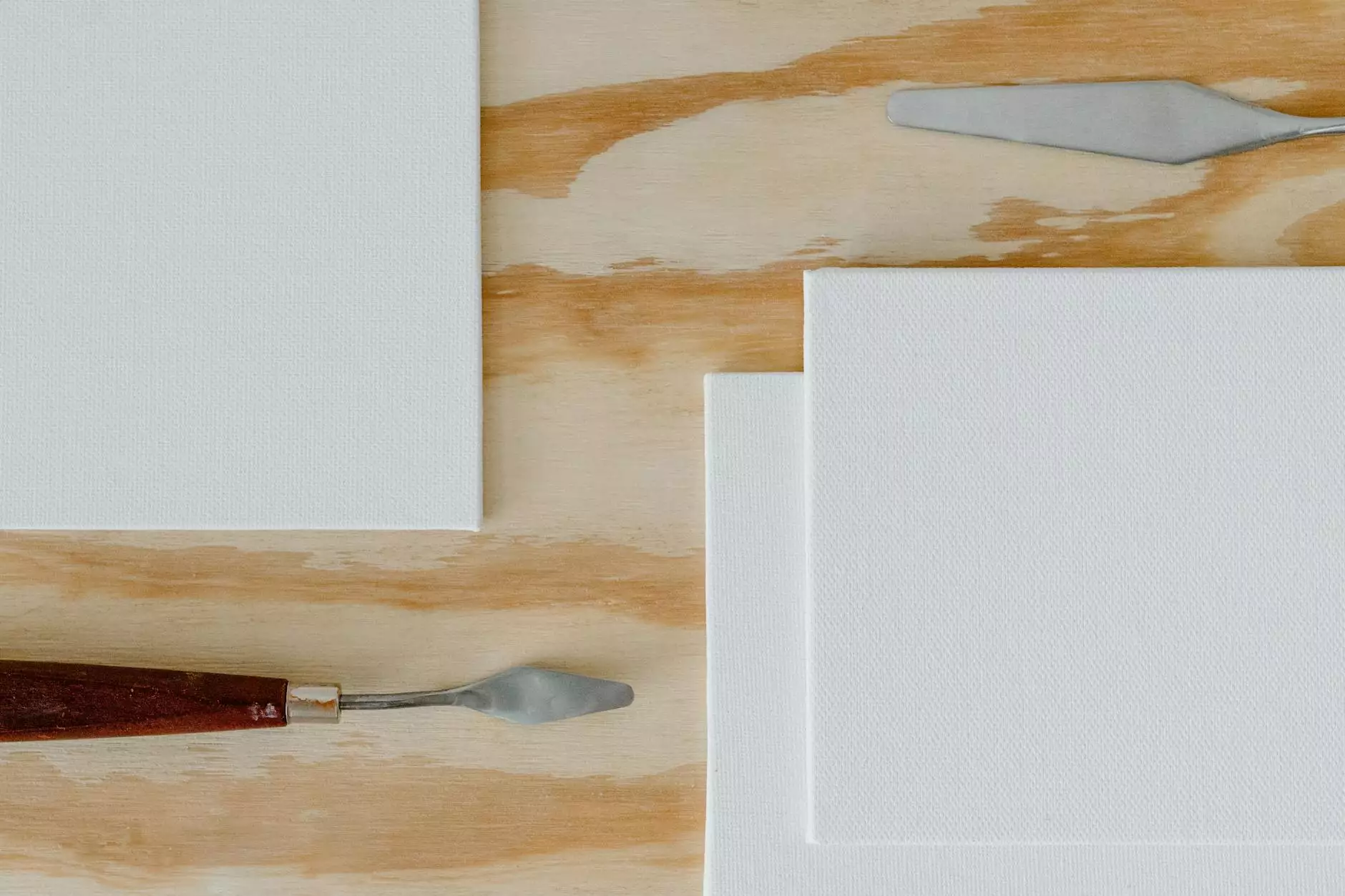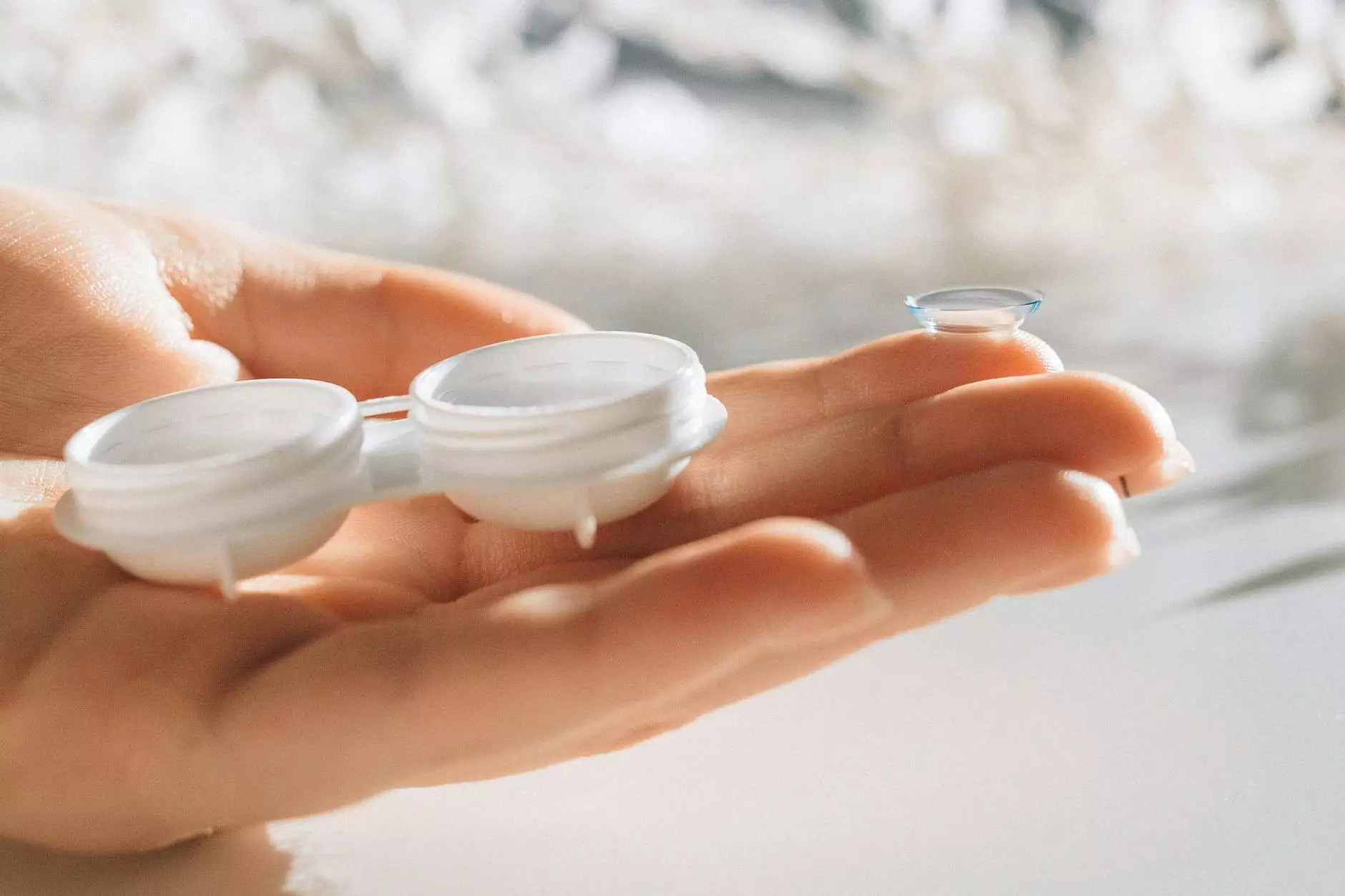Understanding Ibogaine Cost: A Comprehensive Guide

Ibogaine is gaining recognition as a powerful substance in the world of addiction treatment. For those exploring this option, understanding the ibogaine cost is crucial. In this extensive guide, we will delve deep into the various aspects that influence ibogaine pricing, treatment processes, and considerations that can help potential patients make well-informed decisions.
What is Ibogaine?
Ibogaine is a naturally occurring psychoactive compound found in the roots of the African shrub Tabernanthe iboga. Traditionally used in spiritual practices, it has drawn attention in recent years for its potential to interrupt addiction cycles, particularly for substances such as heroin, alcohol, and prescription opiates. Understanding how ibogaine works and what it entails is crucial for those contemplating its use.
The Mechanism of Action
Ibogaine operates primarily on two fronts:
- Detoxification: Patients often report a dramatic reduction in withdrawal symptoms, enabling easier detoxification from drugs.
- Psycho-spiritual Insights: Many users describe profound psychological experiences that can lead to personal insight and long-term behavioral change.
Factors Affecting Ibogaine Cost
The ibogaine cost can vary significantly based on a multitude of factors. Here are some principal elements that contribute to the overall cost of treatment:
1. Treatment Facility
The choice of treatment facility significantly impacts the ibogaine cost. Facilities range from wellness retreats to medically-supervised clinics, each offering varying levels of care:
- Luxury Retreats: Typically cost between $15,000 and $30,000 for a week-long program, providing a premium experience with additional services.
- Medical Clinics: More affordable options range from $5,000 to $15,000, focusing on structured medical care and support.
- Underground Providers: While cheaper, these providers may pose increased risks due to lack of medical supervision and safety protocols.
2. Geographic Location
The geographic location of the treatment facility can also influence costs significantly. Facilities in countries with lower cost structures, such as Mexico or Brazil, may offer ibogaine treatment at a fraction of the price compared to those in the United States or Europe.
3. Treatment Duration
Ibogaine treatment usually spans several days, but the exact duration can vary. Comprehensive programs may last up to 10 days, including pre-treatment assessments and aftercare, contributing to higher costs.
4. Additional Services
Many facilities offer additional services such as:
- Counseling Sessions: Individual or group therapy sessions can add to the overall expense.
- Nutritional Support: Healthy meals and dietary programs are often included.
- Holistic Therapies: Yoga, meditation, and massage therapy are common supplementary treatments.
Hidden Costs to Consider
While understanding the base ibogaine cost is essential, potential patients should also be aware of hidden costs that can arise, such as:
- Travel Expenses: For those traveling to locations for treatment, airfare and accommodation need to be budgeted.
- Post-Treatment Care: Continued therapies and follow-up consultations can accumulate additional costs post-treatment.
- Legal Considerations: Depending on the country or state, there may be legal implications to consider.
Evaluating the Value of Ibogaine Treatment
When interested in ibogaine treatment, it’s crucial to evaluate the total value rather than just the price tag. Key considerations include:
1. Success Rates
Investigating the success rates of treatment can give insight into the potential effectiveness of the therapy. High rates of successful addiction recovery may justify a higher cost.
2. Safety Protocols
Facilities with comprehensive medical oversight and safety measures tend to be more expensive but ultimately provide better security for patients during treatment.
3. Personalized Care
Programs offering personalized care and tailored treatment plans, including psychological support and aftercare, often yield better long-term results.
What to Expect During Ibogaine Treatment
Typically, an ibogaine treatment process involves several crucial steps:
1. Initial Consultation
Before treatment can begin, a detailed consultation is necessary. This session assesses medical history and overall suitability for treatment.
2. Detoxification and Preparation
Patients may undergo a detox phase and psychological preparation, including pre-treatment counseling and physical assessments to ensure readiness.
3. The Ibogaine Experience
The main administration of ibogaine often occurs in a medically supervised setting to monitor the patient’s health throughout the experience. Duration of the effects can last between 24 to 36 hours.
4. Post-Treatment Support
Critical to long-term recovery, aftercare services may include additional therapy, ongoing support groups, and wellness activities aimed at sustaining sobriety.
Conclusion: Making an Informed Decision
The ibogaine cost shouldn’t be the sole factor in the decision-making process for addiction recovery. Comprehensive research on treatment options, facility reputation, safety protocols, and aftercare plans is essential for making an informed choice. Patients should weigh all factors and consider reaching out to professionals to address their specific circumstances and needs.
Call to Action
If you or a loved one is considering ibogaine treatment, ensure that you contact a reputable facility such as muchroomstore.com for more information on programs, costs, and what to expect. Your journey towards recovery can begin with the right support and information, leading you towards a sustainable, healthier future.









